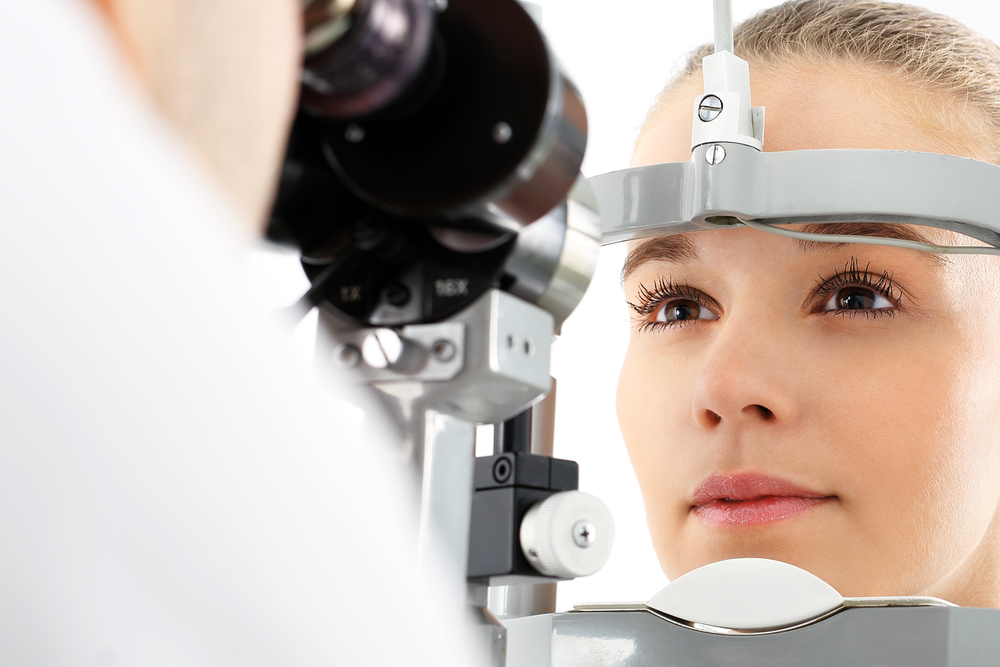
Only around half of Americans undergo annual comprehensive eye exams, and this is a mistake. Most people think eye exams are only necessary if they’re experiencing vision problems, but these exams detect serious issues that could affect your eyes and your overall health. Let’s go over some reasons why you need to get an eye exam each year.
Discover Glaucoma Before It Progresses
Glaucoma is a progressive disease, and there is no cure. However, your eye doctor can treat it to slow down or stop the progression. It’s important to detect glaucoma early before you experience vision loss, so a glaucoma screening is part of a comprehensive eye exam. If you’re in the early stages, you can use eye drops to reduce the pressure in your eye and prevent serious damage. This can save your eyesight.
Check for Age-related Macular Degeneration
Age-related macular degeneration (AMD) is also a progressive but treatable disease. While you can’t cure AMD, your eye doctor can treat it, so it doesn’t lead to permanent vision loss. Without undergoing regular eye exams, you likely won’t notice that you have this condition until you start to lose your vision. Once your vision is lost, it cannot be restored, so you will have to deal with the symptoms for the rest of your life. Fortunately, your eye doctor can detect AMD in the early stages before the symptoms interfere with your life. Treatment might include anti-angiogenesis drugs or laser therapy.
Catch Diabetic Retinopathy in the Early Stages
If you have type 1 or type 2 diabetes, you are at risk for developing diabetic retinopathy. This condition occurs when high blood sugar levels damage the retina’s blood vessels. If left untreated, the condition can eventually lead to serious vision problems and blindness. Early detection is critical for preserving your eye health, so you need to receive annual eye exams. Your eye doctor can begin a treatment plan to stop or slow down the progression of the disease. The plan might include laser therapy and medications.
Detect Autoimmune Diseases
You might not realize this, but your eye doctor can detect autoimmune diseases during a comprehensive eye exam. For example, if your irises are inflamed and you have dry eyes, you could have rheumatoid arthritis. On the other hand, if your eyes bulge, you might have Graves’ disease. These diseases can have debilitating symptoms, so you’ll want to start treatment right away. If your eye doctor detects an autoimmune disorder, he or she can work with your primary care provider to coordinate treatment.
Establish a Baseline
Routine exams also establish a baseline that your eye doctor will use to detect and monitor eye issues. Once the baseline is established, your eye doctor will quickly notice changes to your eyes. It’s important to establish a baseline now, so your eye doctor can notice problems quickly.
Have you let your annual eye exams lapse? You keep meaning to make an appointment, but life keeps getting in the way. Instead of putting it off another year, call Today’s Vision at (949) 518-0055 to schedule a comprehensive eye examination. You can also learn more about our list of services by contacting us online.






